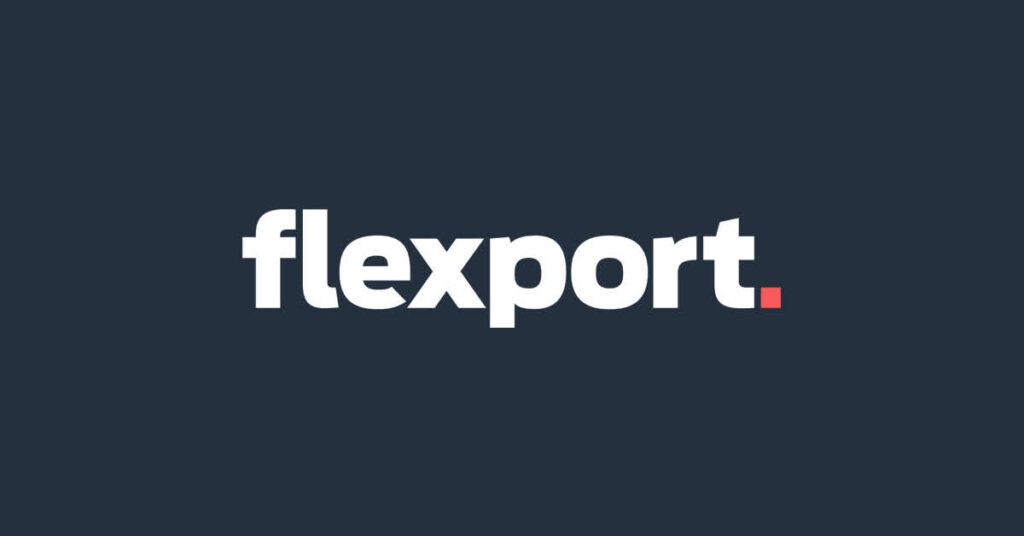Shopify to Lay Off 20% of Its Workforce as It Sells Logistics Business to Flexport.

Shopify, the leading e-commerce platform for small and medium-sized businesses, has announced selling its logistics business to Flexport, a tech-driven global logistics platform. This deal will have significant implications for the e-commerce industry, as Flexport will become Shopify’s official logistics partner and provider of Shop Promise. This service offers transparent shipping timelines and fast delivery options to Shopify merchants and their customers.
Why Shopify Sold Its Logistics Business to Flexport
Shopify has invested heavily in its logistics business for the past few years, acquiring companies like Deliverr and 6 River Systems and launching the Shopify Fulfillment Network, a warehouse and fulfillment center network providing Shopify merchants with inventory management, packing, shipping, and tracking services. Shopify aimed to compete with Amazon and offer merchants a seamless and integrated logistics experience to boost their sales and customer satisfaction.
However, running a logistics business is difficult, especially amid a global supply chain crisis that has disrupted trade flows, increased costs, and caused delays. Shopify realized it was spending too much money and resources on its logistics business, which was not its core competency. Shopify also faced competition from other e-commerce platforms that offered similar or better logistics services, such as Walmart, eBay, and Etsy.
Shopify decided to sell its logistics business to Flexport. This company specializes in supply chain management and has a strong track record of using technology and data to optimize global trade. Flexport has been a partner of Shopify since 2022, when Shopify invested in Flexport’s Series E funding round. Flexport will acquire most of Shopify’s logistics assets, including Deliverr, 6 River Systems, and the Shopify Fulfillment Network app. In exchange, Shopify will take an additional 13% stake in Flexport, bringing its total stake to around 18%. The all-stock deal is valued at about $1 billion and is expected to close by the end of June 2023.
How Flexport Will Expand Its Services into Last Mile and E-Commerce Fulfillment
Flexport is a leading tech-driven logistics platform that helps businesses of all sizes plan, visualize, and execute their global supply chain from manufacturer to port under one unified technology platform. Flexport uses artificial intelligence, machine learning, and cloud computing to automate processes, reduce costs, improve reliability, and increase transparency for its customers. Flexport handles more than $26 billion of goods annually and has over 2,500 employees across Asia, North America, and Europe.
By acquiring Shopify’s logistics business, Flexport will be able to expand its services into last mile and e-commerce fulfillment for the first time. Previous mile delivery refers to the final stage of the delivery process, where the goods are delivered from a local hub or warehouse to the customer’s doorstep. E-commerce fulfillment refers to storing, packing, shipping, and tracking online orders for e-commerce businesses.
Flexport will gain access to around 50 warehouses across the U.S., as well as Deliverr’s technology and network of third-party fulfillment providers. Deliverr is a San Francisco-based company that offers fast and affordable fulfillment services for e-commerce businesses using a network of warehouses across the U.S. Deliverr was founded in 2017 by Harish Abbott and Michael Krakaris. Abbott will join Flexport as part of the deal.
Flexport will also become the official Shopify Logistics Partner and provider of Shop Promise for millions of Shopify merchants. Shop Promise is a service that enables transparent shipping timelines, including two-day and next-day delivery options, to customers of Shopify merchants. Shop Promise will be powered by Flexport and available on the merchant-facing Shopify Fulfillment Network app, which offers merchants an integrated logistics experience through Shopify. The partnership is not exclusive, meaning Shopify merchants can still use other logistics providers.
What It Means for E-Commerce Businesses and Customers
The acquisition of Shopify’s logistics business by Flexport will have significant implications for the e-commerce industry. For Flexport, it means that it will be able to offer a complete end-to-end supply chain solution for its customers, from international freight movement to last-mile delivery and e-commerce fulfillment. Flexport will also leverage its technology and data platform to optimize the global supply chain, reducing costs and improving customer reliability.
For Shopify merchants, they will have access to a fast, flexible, and affordable logistics network that seamlessly integrates with their e-commerce platform. They can offer their customers transparent shipping timelines and fast delivery options through Shop Promise powered by Flexport. They will also benefit from Flexport’s expertise and innovation in supply chain management.
For e-commerce customers, they will have more choices and convenience when shopping online. They can see accurate shipping estimates and delivery options when browsing products on Shopify stores. They will also be able to receive their orders faster and more reliably through Flexport’s last-mile delivery network.
The acquisition of Shopify’s logistics business by Flexport is a win-win situation for both companies, e-commerce businesses, and customers. It marks a significant milestone in the digital transformation of the global supply chain industry and sets up a new rivalry with Amazon in the e-commerce space.
The article is “Shopify to Lay Off 20% of Its Workforce as It Sells Logistics Business to Flexport.“